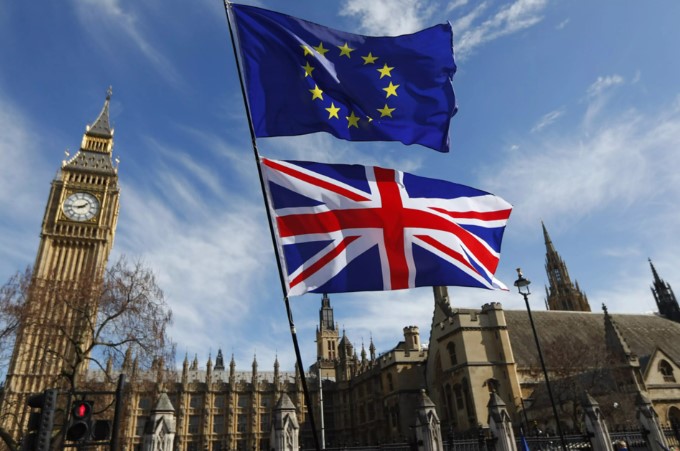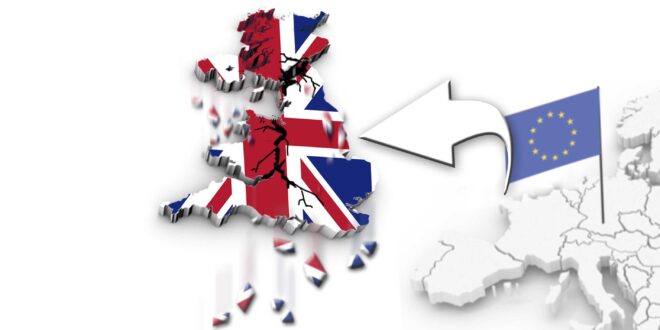The decision for the United Kingdom to exit the European Union, commonly known as Brexit, has ushered in a new era that significantly impacts businesses operating in the UK.
The seismic shift in trade policies, regulatory frameworks, and economic dynamics necessitates a recalibration of business strategies.
In this article, we explore the multifaceted implications of Brexit on enterprises and provide insights into adaptive strategies crucial for thriving in the post-Brexit business landscape.
Brexit and its Implications

Brexit, realized on January 31, 2020, brought forth a series of changes in trade agreements, customs procedures, and the movement of goods and services between the UK and the EU. The transition period following Brexit allowed businesses time to prepare for the new reality.
However, the finalization of the UK-EU trade deal in December 2020 brought about definitive changes, presenting both challenges and opportunities for businesses.
Key Impacts on Businesses
- Trade disruptions and tariffs ─ Changes in trade regulations and customs procedures introduced new barriers, affecting supply chains, import/export tariffs, and border controls, thus altering the cost and logistics of doing business.
- Regulatory divergence ─ Divergence from EU regulations implies a need for businesses to navigate differing standards, certifications, and compliance requirements, impacting various sectors such as finance, healthcare, and manufacturing.
- Workforce and mobility ─ Changes in immigration rules and freedom of movement between the UK and the EU have implications for hiring talent, labor mobility, and access to skilled workers.
- Economic uncertainty ─ The uncertainty surrounding Brexit has influenced consumer behavior, investment patterns, and overall economic sentiment, requiring businesses to adapt to fluctuating market conditions.
Adapting Business Strategies for Post-Brexit Success

Regulatory Compliance and Market Access
Businesses must stay abreast of evolving regulations, acquire necessary certifications, and comply with new trade agreements to maintain market access and continue seamless operations.
Supply Chain Diversification
Exploring alternative suppliers, reshoring, or regionalizing supply chains to mitigate disruptions caused by customs delays and tariff implications.
Talent Management and Skills Development
Fostering a flexible workforce strategy by upskilling employees, utilizing remote work options, and adapting recruitment strategies to meet changing immigration policies.
In the context of business mobility post-Brexit, the UK Global Business Mobility Visa (GBMV) is a vital aspect for international entrepreneurs and professionals seeking to enter the UK for business purposes. Introduced as part of the UK’s post-Brexit immigration system, the GBMV is designed to accommodate global business leaders, allowing them to establish or expand their business presence in the UK.
This visa category is intended for individuals aiming to invest, set up, or run a business in the UK. It caters to those who are keen on utilizing their expertise, managerial skills, or entrepreneurial acumen to contribute to the UK’s economy and business landscape.
The UK Global Business Mobility Visa provides a streamlined pathway for qualified applicants, offering them an opportunity to immerse themselves in the UK’s business environment, foster innovation, create employment opportunities, and contribute positively to the country’s economic growth.

Market Expansion and Innovation
Identifying new markets, innovating products/services, and leveraging digital transformation to adapt to changing consumer behavior and capitalize on emerging opportunities.
Collaboration and Networking
Building strategic partnerships, industry alliances, and networks to share insights, navigate uncertainties, and collectively address challenges posed by Brexit.
Conclusion: Brexit has undoubtedly altered the business landscape in the UK, demanding agility, resilience, and strategic foresight from enterprises. While challenges persist, adapting to the new realities by embracing flexibility, innovation, and regulatory compliance will be pivotal in navigating the post-Brexit era and positioning businesses for sustained success in the evolving UK market.
 Hi Boox Popular Magazine 2024
Hi Boox Popular Magazine 2024



